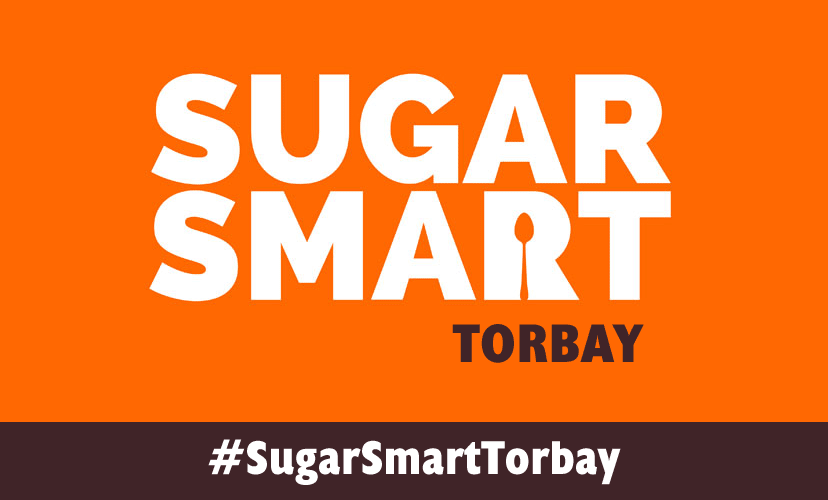
People are often concerned about how much sugar they or their children consume.
However it can be so hard to cut down on free or added sugar as it is often hidden in foods. Also, sugary products are often marketed and promoted to us in a way that means we find them very hard to resist.
If this sounds familiar to you, then take a bold step and join our Sugar Smart 4 week challenge - you will not regret it!
We are encouraging people to be smart about their food choices and try to reduce the amount of free sugar over a 4 week period. Of course this period can be repeated as many times as you wish!
By free sugar we man any sugar that is added to foods at home or by a producer, plus sugar naturally present in honey, syrups, and fruit juices. It does not include sugar naturally present in milk or whole fruit and vegetables.
Download the chart to log progress amongst colleagues, friends or family over the 4 week challenge. All you have to do is tick next to dates when you have successfully avoided added sugar!
26224The Sugar Smart 4 Week Challenge Options
- No Spoons - Completely cut out added sugar from your diet for the whole 4 weeks!
- Healthy Balance - Completely avoid added sugar during weekdays, with moderate treats only during weekends.
- Super Seven - Eat less than the maximum recommended 7 teaspoons of added sugar per day. This is a good option to get started on for long term Sugar Smart eating!
- Easing In - Cut out added sugar during working hours – particularly suited to those office workers who are tempted daily by office treats!
Some people may feel able to jump straight in with the No Spoons option for maximum benefit whereas others may go for another option and build up in time to No Spoons.
Guidelines
The 4 Week Sugar Smart Challenge involves avoiding added sugar including:
- All processed sugar that is added to prepared foods e.g. cereals, soups, sauces, biscuits, chocolate, ready meals, cereal bars
- Honey and syrups
- Alcohol which has had sugar added to it e.g. fruit ciders, alco-pops
During the Sugar Smart Challenge you can eat:
- Sugars found naturally in carbohydrates, including fruit, vegetables and starchy carbohydrates.
- Sugars found naturally in dairy products
- Artificial sweeteners (in moderate amounts)
- Alcohol which has not had sugar added to it after the initial processing
Benefits
People report a number of benefits of cutting out sugar for a month including:
- Feeling less tired
- Being a healthier weight
- Finding taste buds became more sensitive
- Becoming more aware of hidden sugars within processed foods
Your results
We are very keen to know how you have found the challenge. Have you lost weight, slept better or are there other benefits you did not expect? We would love to hear from you. We are always interested in ideas to help people of all ages lead healthier lifestyles, including losing weight - feel free to let us know.
Tips for Being Sugar Smart
Check the ingredients list for added sugar – the nearer the top of the list it is, the more the product contains. There are lots of names for added sugar you may find in ingredients lists such as sucrose, glucose, fructose, maltose, fruit juice, molasses, hydrolysed starch, invert sugar, corn syrup, honey.
If a product has more than 22.5g of sugar per 100g, it is high in sugar. Traffic light labelling can make this easier to spot, or you can download the NHS Food Scanner app available on iOS and Google Play for Android.
Watch out for breakfast cereals as they are often high in sugar. Try low sugar versions sugar as plain porridge, no added sugar muesli or shredded wholegrain pillows and add fruit if you prefer it sweeter.
Watch out for fruit juice drinks and smoothies that contain added sugar.
Be aware of low fat products, as these may contain large amounts of added sugar.
Get more information on sugar swaps and facts at Better Health, Healthier Families, the new NHS resource covering all aspects of keeping families healthy, including eating more healthily, reducing sugar and being more active.